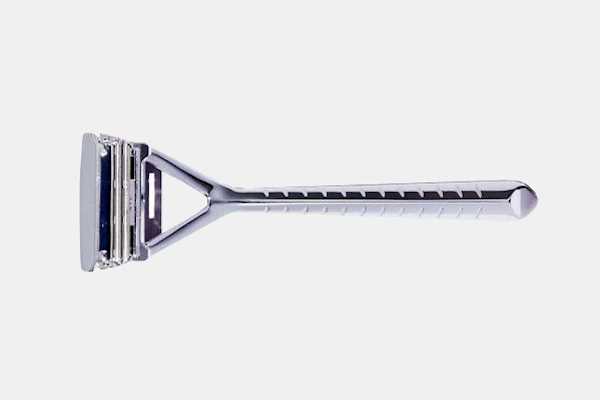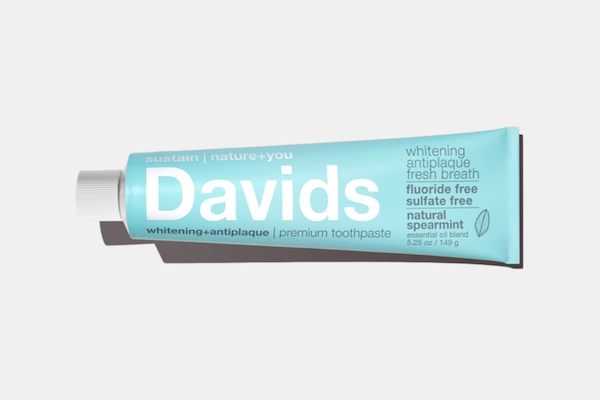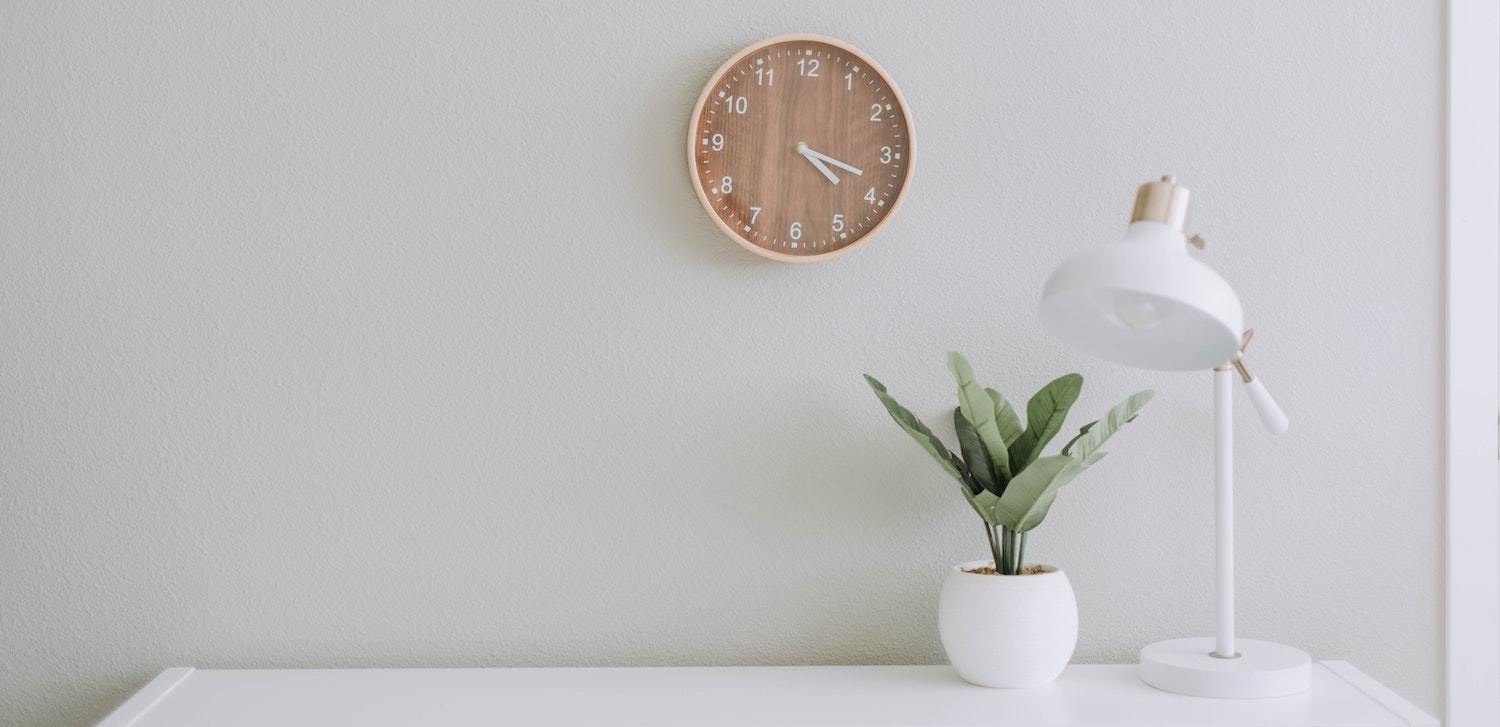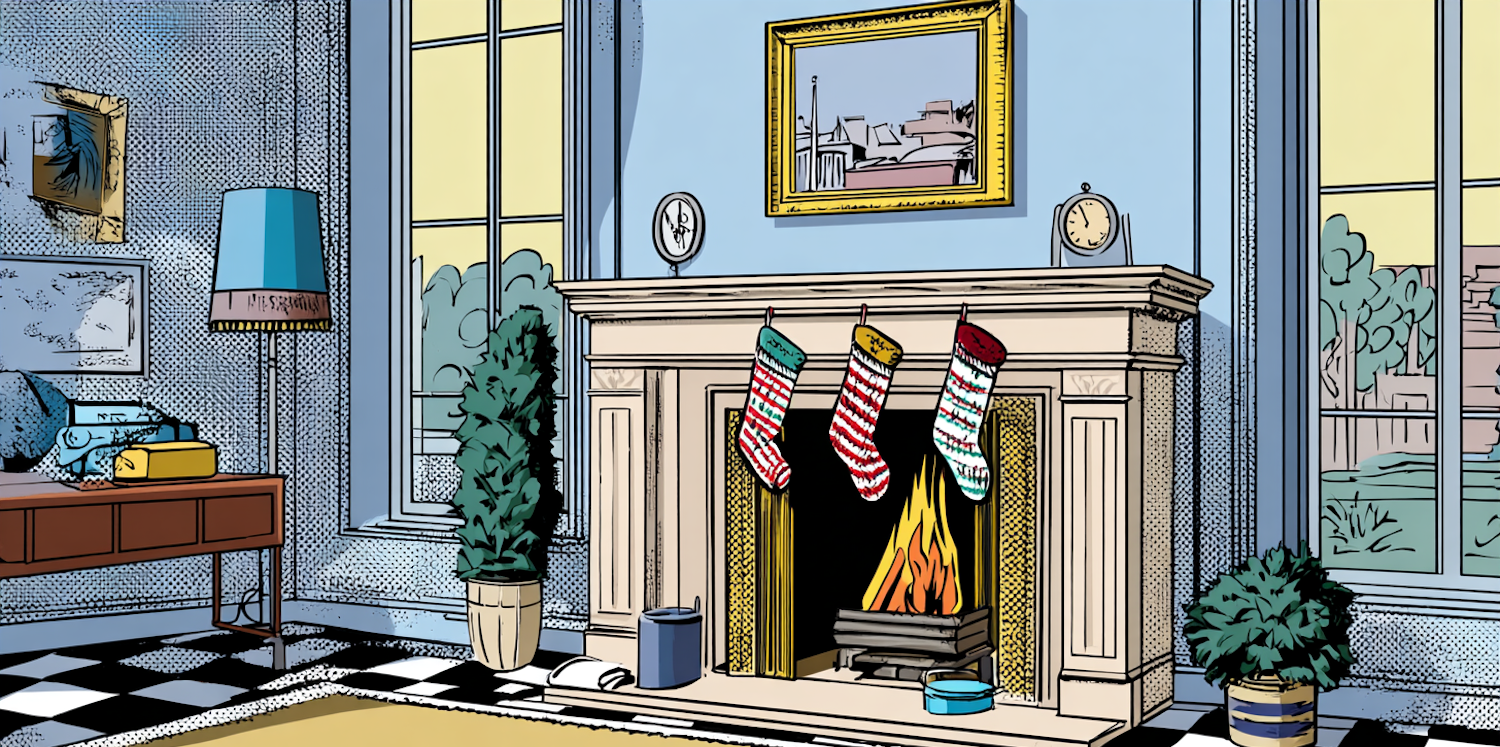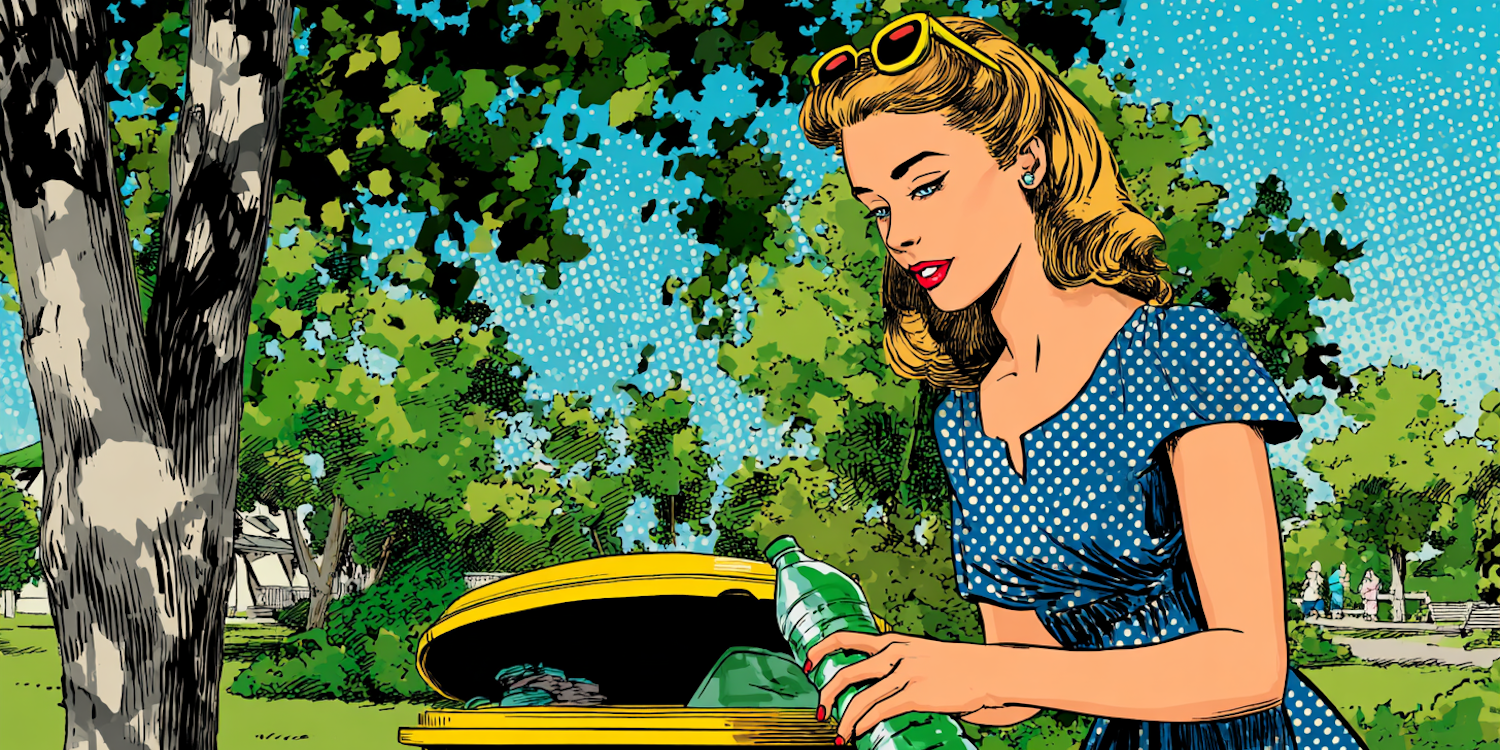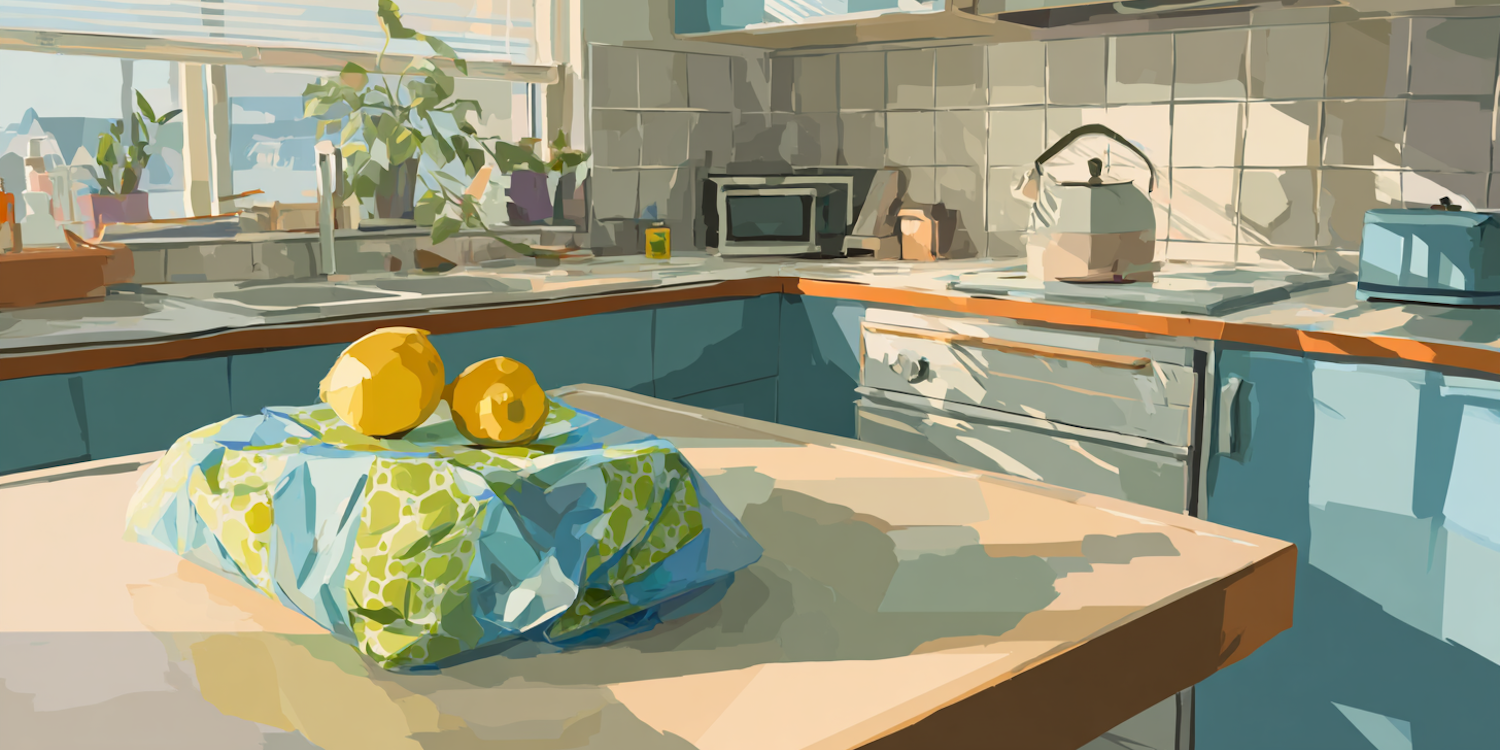What comes to your mind when you hear the word “minimalism?” Do you picture a tidy, curated space? Or do you imagine a spartan apartment with nothing to do but stare at the blank walls?
Maybe you’ve seen a documentary on minimalism or heard a friend talk about KonMari-ing their house over the summer. The minimalist movement is gaining steam, and it is easy to see why.
Becoming a minimalist can help you reclaim your time, space, and resources. It can also help you reduce your impact on our environment. Unfortunately, there are some common myths about minimalism that make it seem inaccessible. Have you heard these before?
7 Common Myths About Minimalism
Minimalism = Deprivation
Minimalism isn’t about depriving yourself of your wants or needs. You can be a minimalist and still have a life full of the things you love. In fact, minimalism helps you enjoy more of what you love by clearing away the clutter that gets in your way.
There’s Only One Right Way to Be a Minimalist
When you start something new, it’s natural to find an expert you can learn from. However, you do not have to make your minimalism look like anyone else’s. Just like zero-waste living, minimalism is diverse. There are as many approaches to a minimalist lifestyle as there are minimalists!
You Can Only Own a Set Number of Items
Some people choose to limit the possessions they use for a short period of time. This can help you understand what you actually want to keep. One example is the Project 333 Challenge, where participants dress with only 33 items for three months.
But if you’re worried you’ll have to choose just ten books to be a real minimalist, you can let that pressure go. There is no target number of possessions to have to reach or rules you must follow.

Minimalism is All About Your Stuff
A big part of minimalism is paring down your possessions. So a lot of the practical advice is about the best ways to declutter.
However, minimalism is about more than just the stuff you own. You can take a minimalist approach in other areas of your life, like time management, relationships, or finance.
Minimalist Living is Hard
If minimalism goes against the culture you’ve grown up with, you might feel like you have to grit your teeth and muscle through it.
It’s true that you may experience resistance at first. Change can be hard — and getting rid of things may feel scary or overwhelming. As you take baby steps, you see benefits like less stress, more free time, and more flexibility with your energy and resources. This helps you gain momentum to move forward.
And over time, you begin to find that minimalism becomes second nature to you. Instead of resistance, you find a flow that brings more peace into your life.
Minimalists Don’t Go Shopping
Minimalism helps you clear away what you don’t need. That doesn’t mean you will never bring anything new into your home again. Rather, minimalism invites you to buy with intention.
Many minimalists focus on things like sustainability, quality and usefulness when buying. For example, if you love tea, you might invest in a metal tea infuser and a loose-leaf blend.

You Can’t Be Minimalist With a Family
Minimizing your own life is one thing, but taking care of a whole household’s excess stuff may seem impossible. But families of all shapes and sizes can adopt a minimalist lifestyle. And doing so brings more clarity, calm, and joy to family life.
Even small children can benefit from minimalism. Experts find that kids thrive with fewer toys and less clutter in their lives. That’s one reason we love high-quality, multifunction toys like the Bioserie 2 in 1 Stacker.
What is Minimalism?
Now that we’ve talked about what minimalism is not, we can dive into the heart of what minimalism is. There are many popular minimalist advocates with their own philosophies. But in essence, minimalism means being mindful about what you allow into your life.
Minimalism in a Nutshell
One of my favorite definitions of minimalism comes from Joshua Becker of Becoming Minimalist: “Minimalism is the intentional promotion of the things we most value and the removal of everything that distracts us from it.”
Your road to minimalism will depend on what you value the most. For an artist, minimalism could mean well-stocked art supplies and a flexible schedule to paint when the muse strikes. For a baker, it could be a clean, organized kitchen where they craft their favorite treats.
“Minimalism is the intentional promotion of the things we most value and the removal of everything that distracts us from it.”
Why the Minimalist Movement is Growing
Do you feel like you’re drowning in the stuff you own? If so, you’re not alone. Minimalism is gaining popularity as a response to excess consumerism.
In America, our homes have tripled in size in the last 50 years and we still pack them with possessions. Storage units, full garages and box-filled basements bring a level of stress to our daily lives. It takes time and energy to maintain, organize, and pay for all these things.
Minimalism is a call to simplicity. And this simplicity doesn’t just benefit us — it is a crucial step to caring for the planet. By living with less, we decrease our negative impact on the environment.

My Journey to Minimalism
The catalyst for my minimalist journey came one afternoon in 2016. I had just returned to the US after spending 18 months as a service missionary in South Korea. For that year and a half, I had to fit everything I needed into two suitcases. And, for the most part, I didn’t lack anything.
When I came home, I had to unpack my entire life. Pulling clothes, decorations and books (and more books) out of boxes was surreal. I’d always been tidy and avoided clutter, but I still felt smothered by all that stuff.
So I began researching minimalism and went through my possessions. With every item I removed, I felt lighter. Now, five years later, I’m still learning and progressing. Minimalism has helped me find more space in my home and life for the things I value most.
Starting Your Minimalist Adventure
With these myths debunked, we hope you feel empowered to begin your own path to minimalism. A simplified, more sustainable lifestyle is within your reach.
Here are a few quick tips to help you take the first steps:
- Write down your values and priorities to give you a foundation
- Choose a small, visible area like a desk or a countertop to minimize first
- Talk with family, friends, or loved ones about minimalism and join forces
Do you have any questions about minimalism? Are you already enjoying a minimalist lifestyle? Let us know in the comments.

